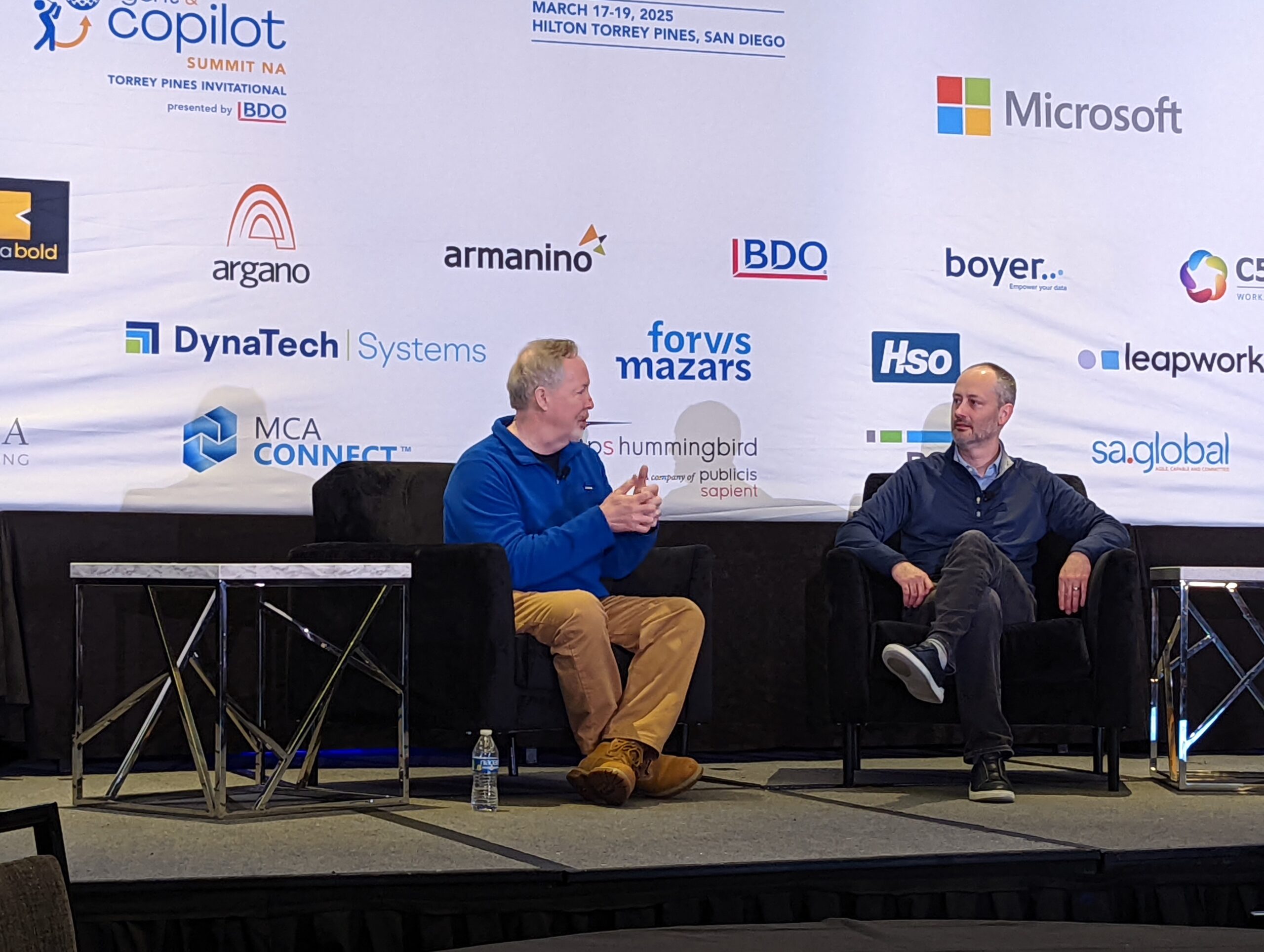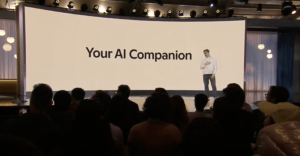AI Agent and Copilot Summit: Bryan Goode from Microsoft Evaluates AI’s Influence on Organizational Structures and Business Metrics

The Impact of AI Agents and Copilots on Business
Key Insights from Microsoft’s Bryan Goode
During a keynote discussion at the AI Agent & Copilot Summit, Bryan Goode, Corporate Vice President at Microsoft, highlighted how artificial intelligence (AI) agents and copilots are reshaping the landscape of work. He emphasized that these technologies will profoundly affect company structures, employee work styles, and the metrics used to assess business performance.
Goode presented a vision where AI copilots act as productivity assistants for all employees. These agents can analyze and reason over various processes, setting the stage for an evolving work environment. The shift toward more agent-led workflows means that organizations may rely less on human direction and more on intelligent systems.
A Strategic Approach to Implementation
As organizations contemplate integrating AI into their workflows, Goode urged businesses to adopt a strategic, focused approach rather than deploying AI randomly. This targeted strategy means carefully selecting specific use cases and departments to pilot the technology. Goode remarked that successful implementation requires not just enthusiasm but also intentionality in choosing the right functions to automate.
He noted that as companies deepen their AI strategies, the nature of their organizational structures and employee interactions will change significantly. Firms that navigate this transition successfully could harness what he called "magic moments," where AI tackles complex business challenges that might have previously seemed insurmountable.
Real-World Examples of AI Application
Goode shared a personal experience of using a Microsoft research agent to gather product improvement recommendations from public sources. Within just five to ten minutes, he obtained useful insights that would have previously taken much longer to acquire or might not have been pursued due to perceived difficulties. Such examples illustrate the potential for AI to streamline processes that were once cumbersome.
Another scenario discussed involved a business user seeking a targeted list of contacts from a large database. The ease with which this information can now be retrieved encourages decision-making that might have stalled in the past due to the effort involved.
The Role of Microsoft Business Applications
What does this transition to agents mean for users of Microsoft business applications? Goode relayed that although AI will automate numerous processes, there will still be a critical need for established business applications. Microsoft’s CEO, Satya Nadella, has suggested that while agents could eventually replace some applications, there remains a vital requirement for systems of record and data storage. Dynamics 365, which benefits from its extensive installed base and integrated AI capabilities, plays a crucial role in this landscape.
The shift to AI agents has the potential to address a common weakness in many business applications: data silos. In a data-driven world, overcoming these silos is increasingly necessary, and agents can help facilitate this integration.
The Importance of Partnerships in AI Deployment
Beyond the technology itself, the conversation also touched on the evolving role of partners who assist businesses in implementing platforms such as Dynamics 365. Goode asserted that these partners will become more valuable as AI adoption accelerates. As the competition to deploy AI becomes more pressing, companies will look to these partnerships for guidance on both horizontal (across industries) and vertical (specific to certain industries) use cases.
Goode also emphasized that companies need to rethink performance metrics in this new era, suggesting that tracking an “agent-to-human” ratio could serve as an important indicator of success for business leaders.
Summary
The advancements in AI agents and copilots are not merely technological trends; they signify a fundamental shift in how businesses will operate in the future. With a deliberate approach and careful execution, organizations can harness the power of AI to improve workflows, enhance productivity, and transform their overall business metrics.






